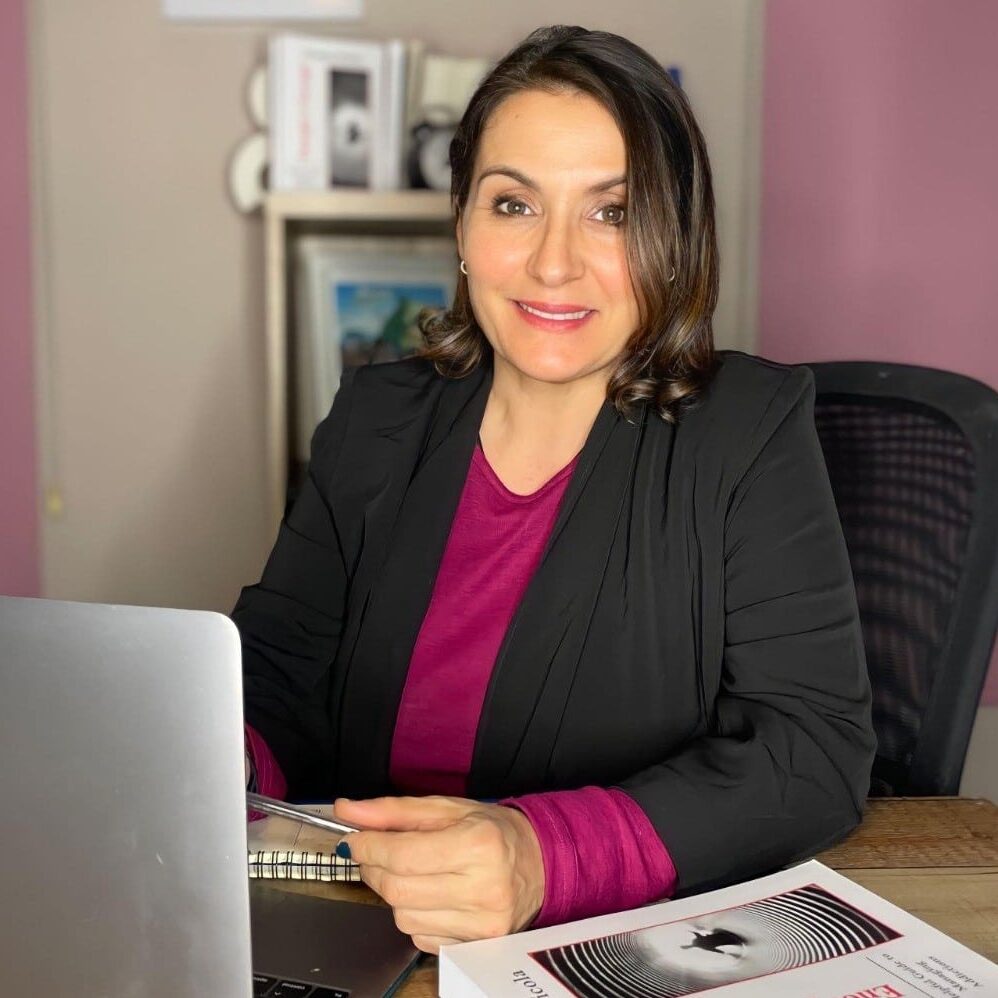Transformation, redemption, and the power of community
I am a firm believer that supportive and compassionate relationships, especially when your life has become unmanageable, can put you on the right path again. What better place to be than when you are with people who understand and have gone through what you have? For those caught in the grip of addiction, this battle can be especially daunting. However, within the 12-step programme of Alcoholics Anonymous (AA), a path to recovery and redemption unfolds.
I became interested in AA after witnessing the transformative journey of my friend, Sarah. After hitting rock bottom with alcoholism, Sarah found hope and support through the AA programme. The meetings provided a safe space to share struggles and victories, and the guidance of a sponsor was crucial. Through the steps, she gained insights into her addiction, making amends where necessary. Sarah rebuilt her life and has now been sober for two years.
Addiction can be an isolating experience, but the 12-step programme recognises the power of community. It brought Sarah together with individuals who understood her struggles, providing a support network.
The 12-step programme draws inspiration from the wisdom of Carl Jung, who recognised the importance of spiritual realisation and community support in overcoming addiction. Jung’s insight highlighted that individuals with chronic addiction issues often struggle to change without a spiritual awakening and the support of a community.
Spiritual transformation became a cornerstone of Sarah’s recovery, as highlighted in addiction literature. It involved a profound shift in perspective, moving from self-centeredness to a higher purpose. This transformation manifested as a renewed sense of purpose, a commitment to self-improvement, and a desire to be of service to oneself and the community.
The 12-step programme offered Sarah a structured model for personal transformation that should not be underestimated. It provided a step-by-step roadmap to recovery, guiding her from acknowledgment to personal growth.
Step 1: Admitting Powerlessness
The first step required Sarah to acknowledge her powerlessness over addiction and the unmanageability of her life. It was an act of courage, a recognition that she needed help to overcome her struggles.
Step 2: Believing in a Higher Power
Step 2 encouraged Sarah to embrace the possibility of change through faith in a higher power. This higher power took different forms, providing a source of hope and guidance.
Step 3: Making a Decision
In Step 3, Sarah made a conscious decision to entrust her life and will to this higher power. It was a commitment to seeking support and guidance on her path to recovery.
Steps 4 to 7: Self-Reflection and Growth
Steps 4 to 7 involved a deep journey of self-reflection and growth for Sarah.
Step 4: Making a Searching and Fearless Moral Inventory encouraged Sarah to honestly examine her past behaviours, acknowledging her mistakes and character defects.
Step 5: Admitting to Another Person and to a Higher Power involved sharing this moral inventory with a trusted individual, promoting accountability and the release of past wrongs.
Step 6: Being Ready to Have Defects Removed signified a willingness to let go of character flaws and embrace positive change.
Step 7: Humbly Asking for Defects to Be Removed was a request for spiritual assistance in overcoming these flaws.
Steps 8 to 10: Making Amends and Taking Responsibility
Step 8: Making a List of Those Harmed involved compiling a list of individuals harmed by addiction, fostering self-awareness.
Step 9: Making Amends, Except When to Do So Would Injure Them or Others required Sarah to take action to make amends when appropriate, acknowledging her past wrongs.
Step 10: Continuing to Take Personal Inventory and When Wrong, Promptly Admitting It emphasised the importance of ongoing self-reflection and accountability.
Steps 11 and 12: Deepening Spirituality and Helping Others
Step 11: Sought Through Prayer and Meditation encouraged Sarah to deepen her spiritual connection, seeking guidance from a higher power to understand her purpose and gain strength.
Step 12: Having Had a Spiritual Awakening acknowledged the profound transformation that had taken place. It urged Sarah to help others on their recovery journey and continue living by the principles learned.
Sarah’s 12-step journey in Alcoholics Anonymous offered not only a path to recovery but also a journey of self-discovery and personal growth. It teaches us that acknowledging our vulnerabilities, seeking help, and embracing a higher power can lead to redemption and a life filled with purpose. This programme is a testament to the resilience of the human spirit and the capacity for change within each of us. To those on this journey or considering it, remember that hope and renewal are within reach, one step at a time. I see Sarah’s future filled with continued sobriety, strengthened relationships, purposeful endeavours, and the joy of helping others recover.
Details of Alcoholics Anonymous meetings in Cyprus can be found on the AA’s EU website







Click here to change your cookie preferences